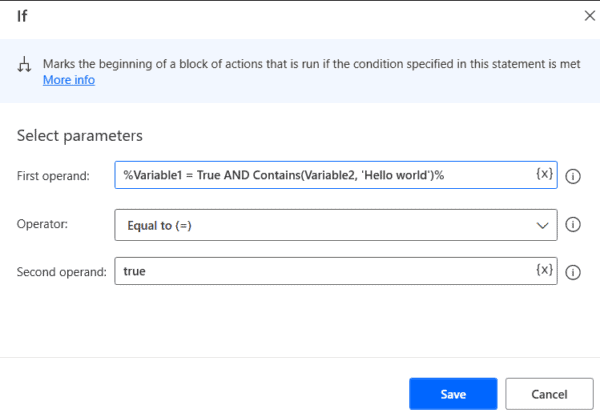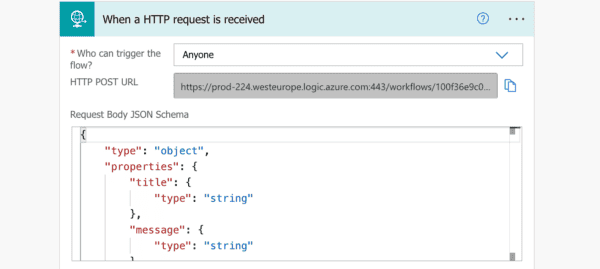
In the world of software development, quality assurance and testing play a crucial role in ensuring the delivery of high-quality, bug-free products. As technology advances, traditional testing methods are evolving to incorporate innovative tools and methodologies that streamline the process, enhance efficiency, and reduce costs. One such game-changer is GitHub CoPilot, an AI-powered coding tool that offers intelligent code suggestions and autocompletion for various programming languages
Copilot is probabilistic not deterministic.
Copilot Suggestions are all generated through AI. It generates new code in a probabilistic way and the probability that they produce the same code as a snippet that occurred in training is low. Copilots LLMs are sophisticated probability engines, so you might not get the same results for the exact same prompts every time.
What does Copilot interpret as a Prompt?
- It can be a question, statement, or a description of what you want Copilot to do.
- Accepted in the form of comments in your file or inputs in Copilot Chat.
Context-aware ChatGPT-styled conversations with Copilot
- Answer coding questions
- Explain Code
- Write Unit, Integration, System and API Tests
- Propose code fixes.
- Increase readability.
- Translate Languages.
Copilot Chat – slash commands, Agents & Context Variables
- /explain – Explains how the selected code works
- /fix – Proposes a fix for the problems in the selected code
- @workspace/new – Create a new project based on a natural language description
- @workspace/newNotebook –Create a new Jupyter Notebook based on description
- @terminal – Explain how to do something in the integrated terminal
- /tests – Generate unit tests for the selected code.
- /api –Questions about VS code extension development
- /clear – Clear the session
- /help – General help about GitHub Copilot
- #file: Context Variable to reference a file quickly in chat
Copilot’s Role in Streamlining Test Script Creation
Incorporate GitHub Copilot’s automatic test generation into the development workflow to enhance test coverage. Use GitHub Copilot for mainstream languages rather than exotic/new language. Ideal for Python, Java, JavaScript, TypeScript, Ruby, Go, C# and C++. Validate code performance, security, and robustness to uphold quality assurance standards.
• Integrate into a Test-Driven Development (TDD) methodology.
• Supports Unit, Integration, API and System Test Script Design




How can GitHub Copilot be utilized to gauge individual effectiveness and ensure quality?

- Measure the effort savings with GitHub Copilot usage and without.
- Monitoring the test coverage rate of scripts.
- Tracking the number of bugs raised on test scripts using Jira.
- Assessing the effort required for test maintenance during UI/code changes/new enhancements
- Reflecting on personal experiences with how GitHub Copilot enhances productivity and facilitates the implementation of good development practices.
Do’s and Don’ts
- Do review the suggestions provided by GitHub Copilot carefully to ensure they align with code requirements and standards.
- Do customize the generated code snippets to fit specific needs and coding style.
- Do use GitHub Copilot as a learning tool to explore new coding techniques and best practices.
- Do provide feedback to GitHub on the accuracy and usefulness of Copilot suggestions to help improve its performance.
- Do use GitHub Copilot as a tool to assist coding process, but don’t rely solely on its suggestions without verifying their correctness.
- Do assume that client information is confidential unless explicitly instructed otherwise.
- Do strip any confidential information from prompt unless: (i) the use of such information is necessary and (ii) you are sure that you are permitted to do so.
- Don’t blindly accept all suggestions provided by GitHub Copilot without understanding their implications or reviewing them for correctness.
- Don’t use GitHub Copilot to generate code that may violate licensing agreements or intellectual property rights.
- Don’t rely solely on GitHub Copilot to write all your code without understanding the underlying concepts or logic.
- Don’t ignore security implications when using GitHub Copilot. Always ensure that the generated code is secure and free from vulnerabilities.
- Don’t use GitHub Copilot to generate code that deals with sensitive data or critical systems without thorough review and validation.
Personal Insights on GitHub Copilot and Opportunities Amid Challenges
While Copilot offers significant benefits, it’s important to be aware of its limitations:
- Generated test scripts may not always perfectly match requirements, requiring some manual adjustment for efficiency and accuracy.
- Suggestions from Copilot are based on its training data, which may not cover every possible scenario.
- Copilot’s effectiveness can be influenced by the complexity of the code it was trained on, potentially leading to challenges in understanding unique or intricate test scenarios. However, it’s worth noting that Copilot is constantly learning and enhancing its capabilities over time.
Despite these challenges, the advantages of using Copilot are substantial:
- Reduction of manual effort in test script creation.
- Improvement in test coverage.
- Acceleration of the testing process
This blog is part of Microsoft Copilot Week! Find more similar blogs on our Microsoft Copilot Landing page here.
About the author:

Chandrika B R
Automation Architect | Sr. Manager Capgemini
Chandrika, B R (2024) Unlocking Testing Efficiency: GitHub Copilot for Software Testing. Available at: Unlocking Testing Efficiency: GitHub Copilot for Software Testing | LinkedIn [Accessed on 23/04/2024]










